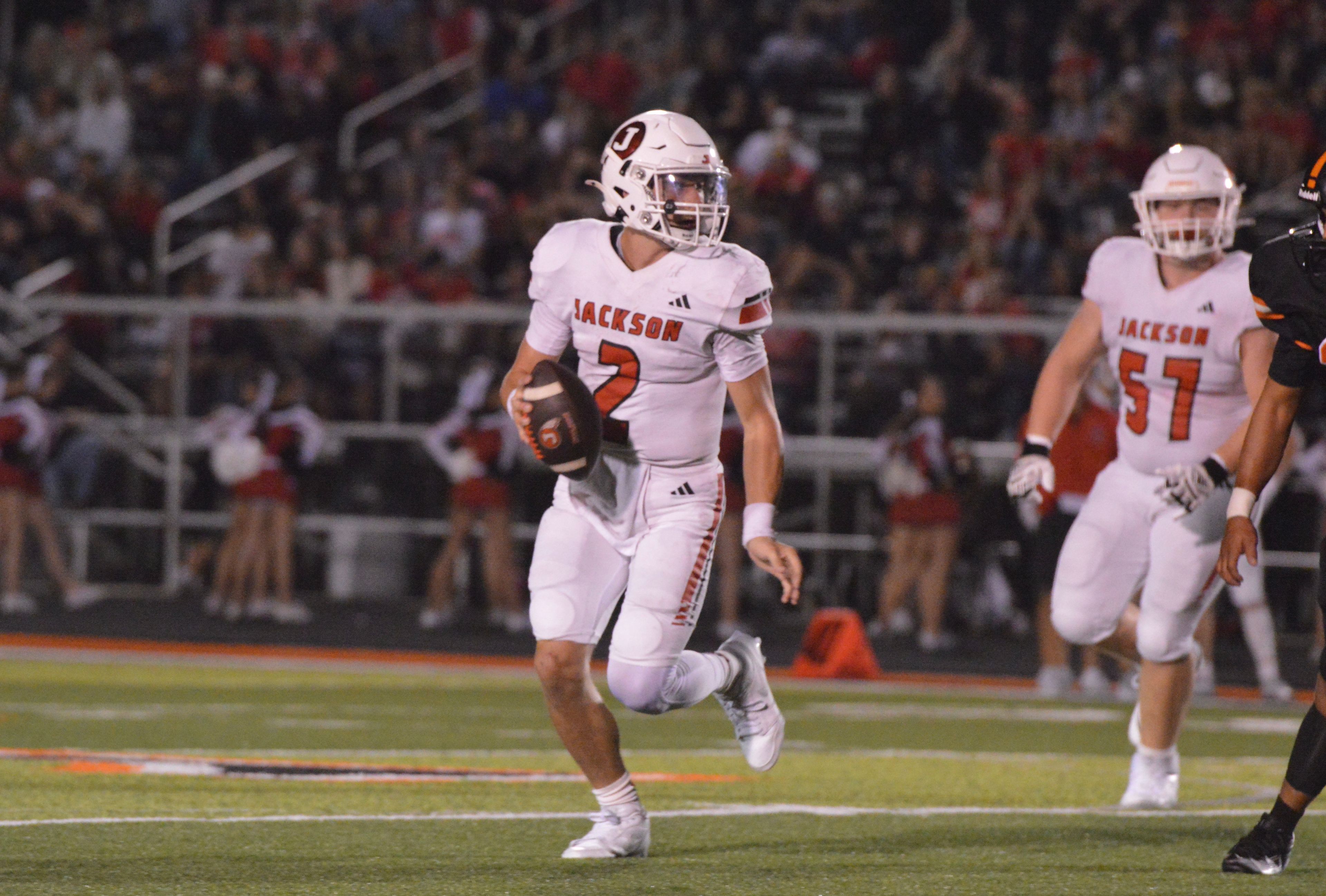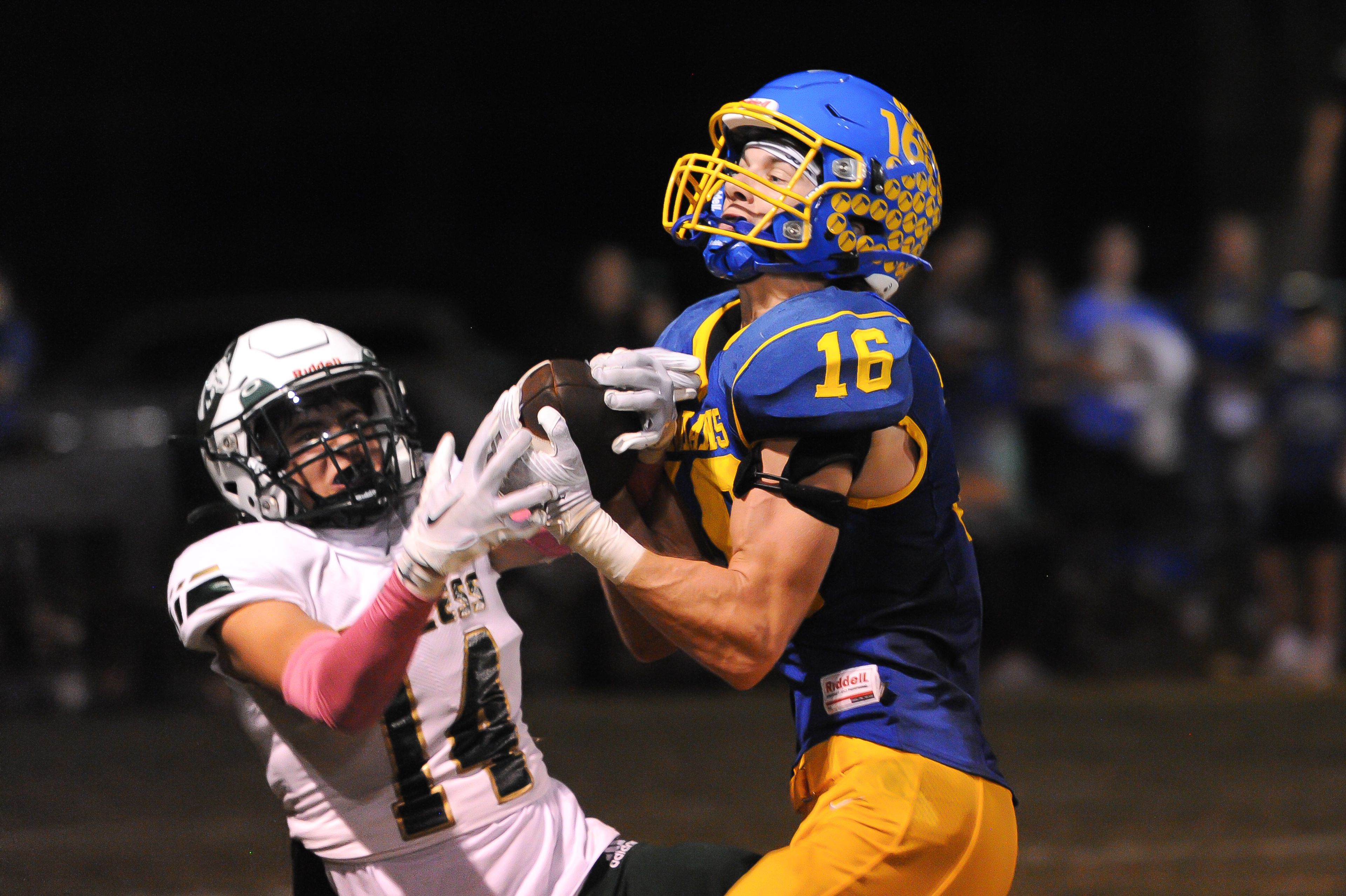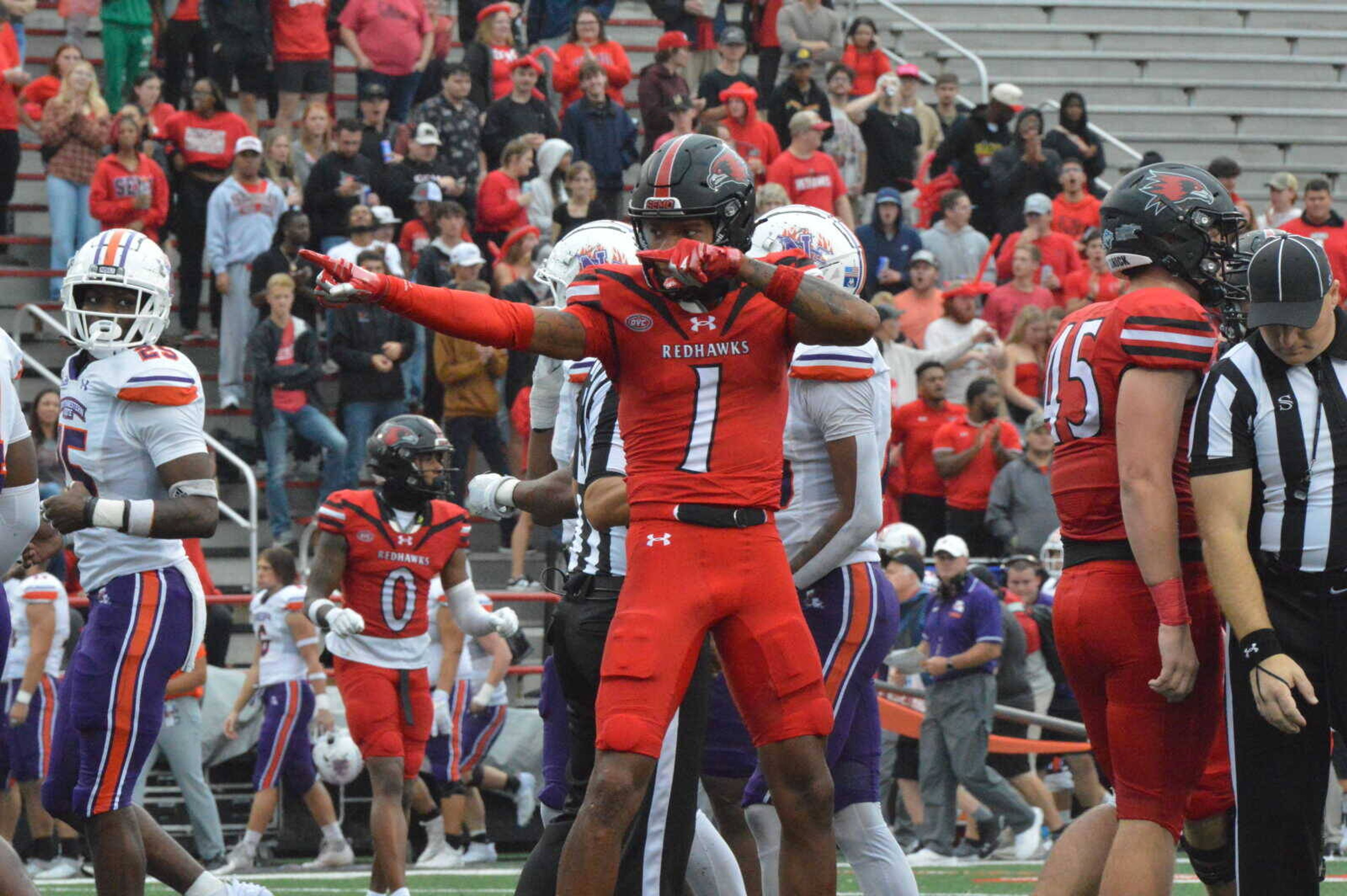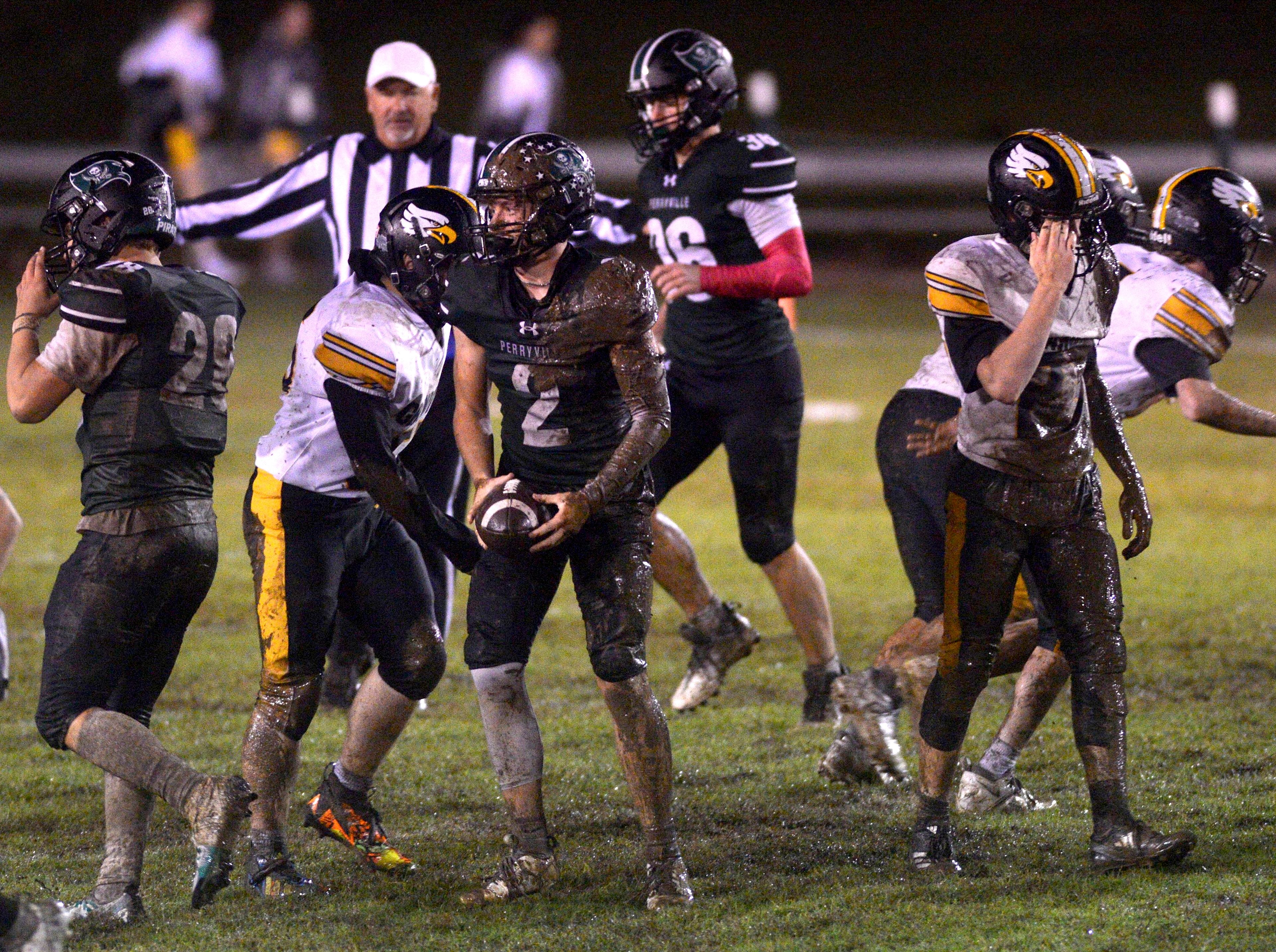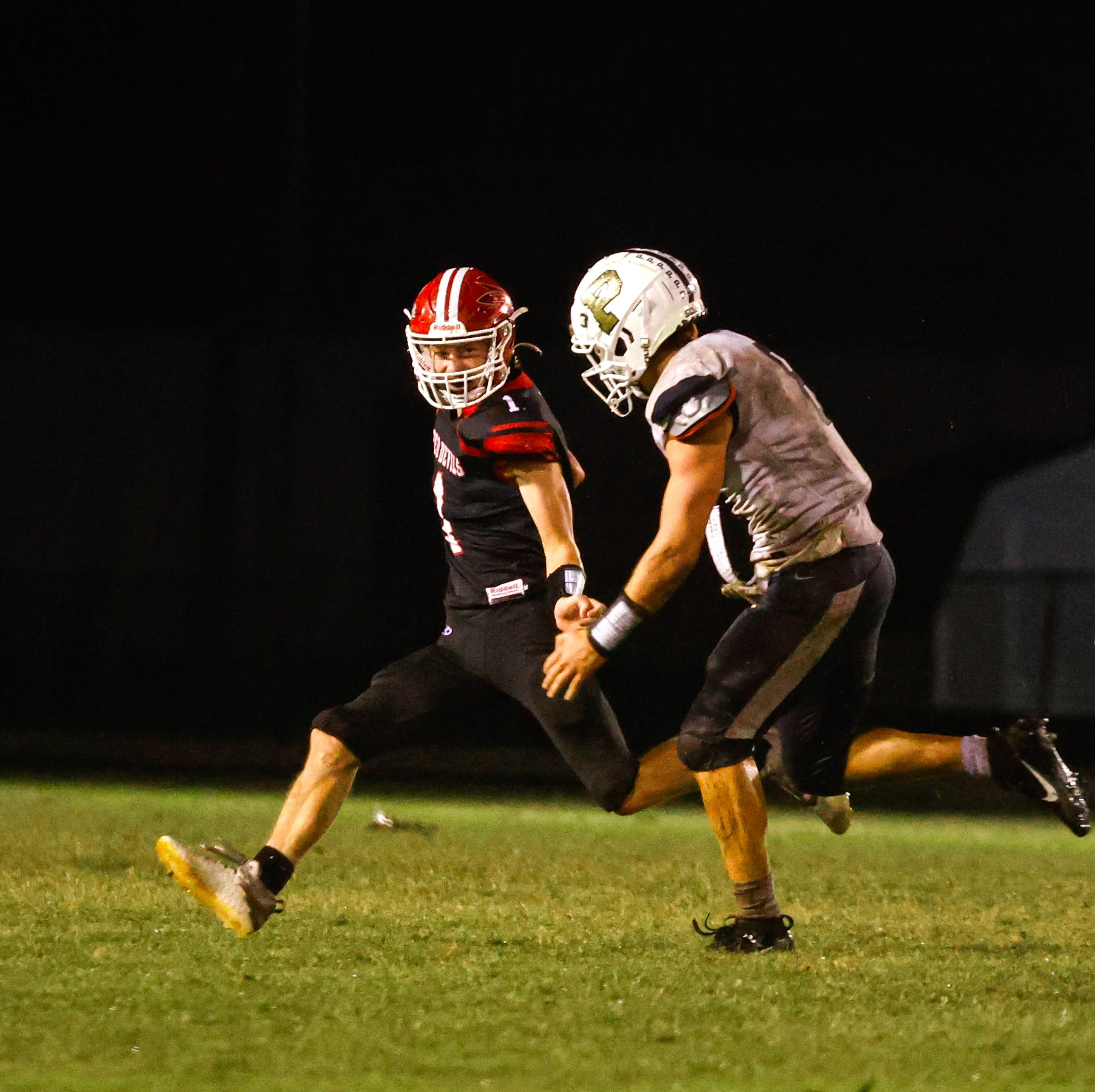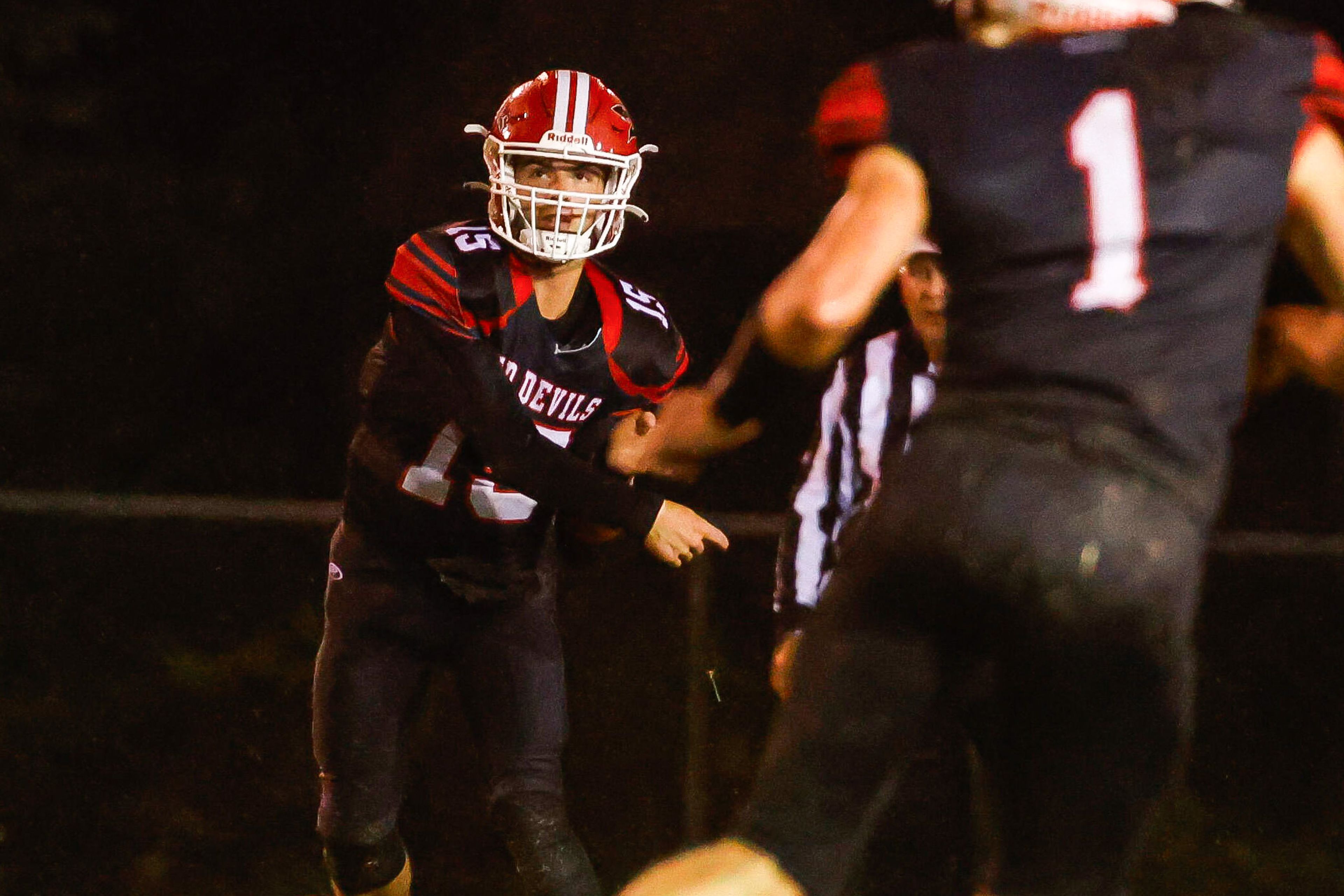INDIANAPOLIS -- Missouri's basketball team avoided the NCAA's harshest penalty Wednesday -- a ban from postseason play. But it did receive one of the rarest punishments: a one-year ban from off-campus recruiting.
After finding Missouri broke NCAA recruiting rules, the infractions committee placed the Tigers on probation for three years, took away one scholarship next year and two in 2006-07 and limited all basketball coaches to recruiting on campus until November 2005.
"We felt the off-campus ban would be a significant statement on the violations and removes the criticism of punishing current student-athletes," committee chairman Thomas Yeager said in a conference call.
The penalty prevents all basketball coaches from visiting high schools, making home visits, attending summer camps and even giving speeches at high school awards banquets.
Yeager said the ban had not been imposed since 1990 when Illinois' basketball team was punished.
Missouri chancellor Brady Deaton said the school would not appeal.
"We have reviewed our report in detail and accepted the findings," Deaton said.
The investigation found Missouri violated NCAA recruiting rules from 1999 to 2003, and Yeager's committee rejected the school's explanation that most infractions were inadvertent.
Instead, Yeager said, coaches covered up some of the violations by submitting incorrect expense reports for 38 meals totaling $5,241.15.
"We found, with the meals, that there should have been knowledge but that attempts were made to hide that," Yeager said.
The case came to light after former point guard Ricky Clemons, a junior-college transfer, pleaded guilty in April 2003 to two misdemeanors after a dispute with his ex-girlfriend. She said he choked her in a headlock and refused to let her leave his Columbia apartment for more than an hour.
Clemons was removed from the team in July 2003 after a judge determined he violated conditions for serving his sentence in a halfway house and ordered him to jail. On jailhouse recordings, Clemons said he received money from coaches at Missouri.
The committee could not confirm that charge. But it did determine that basketball coaches helped facilitate payment of his bail and that he improperly received shoes and athletic apparel.
"The charge of being paid $250 on one occasion, we bandied that about a great deal," Yeager said. "But we felt the information didn't rise to the level we could make a finding on it."
Two assistant coaches, Tony Harvey and Lane Odom, resigned during the investigation.
The committee also reported Missouri provided improper transportation to recruits and had improper contact with prospects and their families.
The report did not mention anybody by name but acknowledged that coach Quin Snyder's staff pushed the limits of NCAA rules and cited the school for failure to monitor.
"There was a compliance system in place but some worked to circumvent it," Yeager said. "Regardless, the coach failed, on occasion, to impress upon his staff adequate rules compliance."
Snyder said his program has adopted a new system that logs contacts in a more efficient manner to prevent future problems.
Missouri athletic director Mike Alden defended Snyder's integrity, but Snyder acknowledged there were mistakes.
When asked about the commitment to comply with NCAA rules, Snyder said: "There was oversight. It wasn't efficient and it wasn't substantial enough."
Yeager said the committee accepted some of the school's self-imposed penalties such as freezing Snyder's salary and a pledge not to renegotiate his contract until July 2006.
University officials had already placed the program on probation for two years and eliminated one scholarship. The NCAA decided the penalty should be increased.
The Tigers also must reduce the number of official paid visits for recruits, from 12 to nine, this year and next year although Missouri could delay the penalty by one year.
Missouri will receive a public reprimand and could face more severe penalties during the next five years if there are any additional violations.
Connect with the Southeast Missourian Newsroom:
For corrections to this story or other insights for the editor, click here. To submit a letter to the editor, click here. To learn about the Southeast Missourian’s AI Policy, click here.
